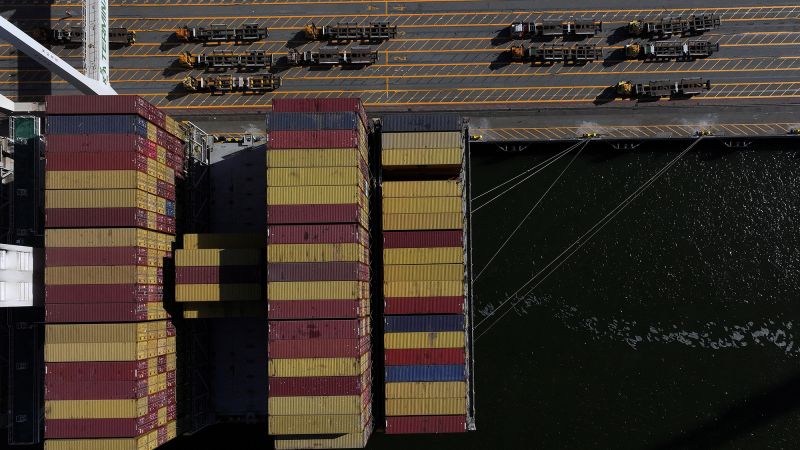The current economic landscape is characterized by significant challenges as highlighted by the United Nations’ recent projections regarding job losses, which are expected to soar to unprecedented numbers this year. Central to this narrative is the trade war instigated by former US President Donald Trump, a development that has sent shockwaves through various economies dependent on global trade. The repercussions of Trump’s tariffs and trade policies cannot be understated, as they have contributed to a marked slowdown in economic activity.
A detailed report released by the International Labour Organization (ILO), a specialized agency of the United Nations, revealed that about 53 million jobs are anticipated to be generated globally by the year 2025. However, this figure represents a decrease of 7 million jobs from previous estimates. The drop in job creation projections can be attributed to the increasing economic uncertainty brought about by ongoing trade tensions, coupled with various geopolitical concerns that have emerged in recent years. The ILO’s findings underscore the vulnerabilities inherent in contemporary labor markets, which are particularly sensitive to trade disruptions.
The analysis conducted by the ILO was firmly grounded in the International Monetary Fund’s (IMF) revisions of global economic forecasts. These revisions came in April when the IMF adjusted its expectations for global GDP growth down from an optimistic 3.2% to just 2.8%. This downturn was largely a response to the unpredictability fostered by Trump’s aggressive tariff initiatives against key trading partners, which raised concerns about future economic stability and growth.
In its report, the ILO pointed out the precarious position of nearly 84 million jobs across 71 countries that are directly or indirectly linked to American consumer demand, thus rendering them susceptible to the adverse effects of these tariffs. A significant share of these at-risk jobs—approximately 56 million—resides within the Asia-Pacific region, while over 13 million are located in the neighboring markets of Canada and Mexico. This statistic is particularly striking as it highlights how interconnected the global labor market has become and how changes in one major economy can ripple across many borders.
The organization stressed that workers reliant on US consumption and investment are now facing substantial risks that could lead to partial or total income loss. As tariffs climb and trade policies become increasingly unpredictable, there are rising concerns regarding the long-term effects on employment within these sectors. In the context of these developments, the ILO’s assessments resonate with a sense of urgency and clarity regarding the plight of vulnerable workers globally.
Since taking office in January, President Trump’s trade policies have been aggressive, marked by substantial increases in import duties targeting various nations and significant goods, including cars and steel. It is noteworthy that the president announced a date of July 9 for the implementation of stringent “reciprocal tariffs” unless trade agreements were reached with other countries. This set date further escalates fears among businesses and consumers alike regarding the implications for international trade.
The erratic nature of these tariffs, coupled with their sporadic enforcement, has created an atmosphere of uncertainty within the global economy that naturally weighs heavily on both businesses and consumers. The ILO has indicated that due to this unpredictability, employers are likely to tread cautiously, making them less inclined to expand their workforce during such troubled times. This retreat from aggressive hiring can diminish growth prospects across various sectors, leading to stagnation and an overall decline in economic health.
Gilbert Houngbo, the Director-General of the ILO, articulated this concern in a statement underscoring the slowed pace of growth in the global economy as disappointing. He warned that ongoing geopolitical tensions and trade disruptions could propagate negative ripple effects across labor markets worldwide, leading to further job insecurity and economic instability. This commentary highlights the importance of careful consideration and proactive measures in response to the volatile global trading environment, as the repercussions of these policies continue to echo across the landscape of international labor and economic health.



